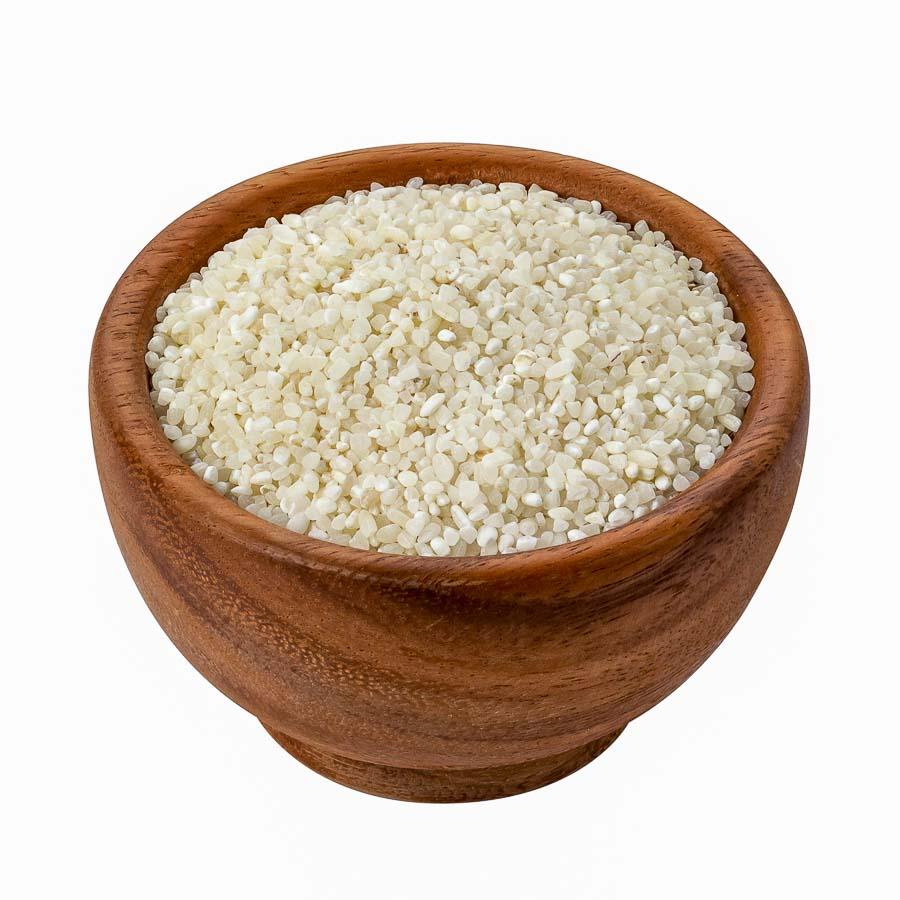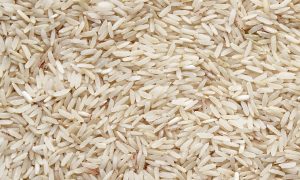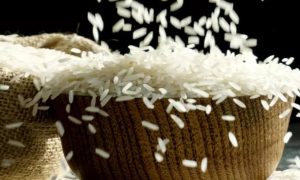Indian exporters have been allowed to resume exports of a limited volume of broken rice with immediate effect, according to an official notification by the Indian government’s Ministry of Finance shared with S&P Global Commodity Insights March 27.
The change in policy, a partial relaxation of a ban on broken rice exports imposed in September, comes as the government said it was giving Gambia and Senegal what they call “special consideration” for their broken rice consumption requirements. According to reports, Gambia will be able to receive up to 1 lakh ton (100,000 mt), while Senegal will be able to receive up to 2.5 lakh tons (250,000 mt).
For Senegal, the ministry has awarded 112,500 mt of the total 250,000 mt quota to Sarala Foods Pvt Ltd, Sri Chitra Exports, Manasa Quality Enterprises Ltd, Pattabhi Agro Foods Pvt Ltd and CLRK Industries Pvt Ltd, with all companies allowed to export 22,500 mt each.
For Gambia, the ministry approved Sarala Foods Pvt Ltd for 12,500 mt, Royal Mirage Consultants for 5,000 mt and Laxmi Group of Industries Pvt Ltd for 2,000 mt.
Additionally, a 9,990 mt shipment of broken rice to Ethiopia via the Port of Djibouti has been granted as part of the considerations. The shipment is expected to be fulfilled by Ruby Overseas.
India accounts for 40% of the global rice trade, with sales of 100% broken white rice previously accounting for a significant portion of exports.
The quotas mark what are thought to be the first exports of broken rice from India under new Letter of Credits since the ban was imposed on Sept. 9. The moratorium came amid accelerating inflation in food prices and a smaller kharif crop cultivation area compared with the previous year due to insufficient rainfall. The ban was announced a day after India imposed a 20% export duty on several varieties of rice, which is still in force.
While some sources welcomed the news as “helpful” to the Indian rice export industry, one exporter said it would only benefit a few exporters.
In terms of further volumes being allocated to Indian exporters, one exporter said they are “likely to be distributed among all the broken rice exporters…on pro-rata basis,” based on last year’s export data. However, not all agreed, with another exporter saying they would be unable to allocate tonnage in that fashion “as it’ll be too complicated.”
Platts Indian 100% broken white rice assessment remains suspended.















